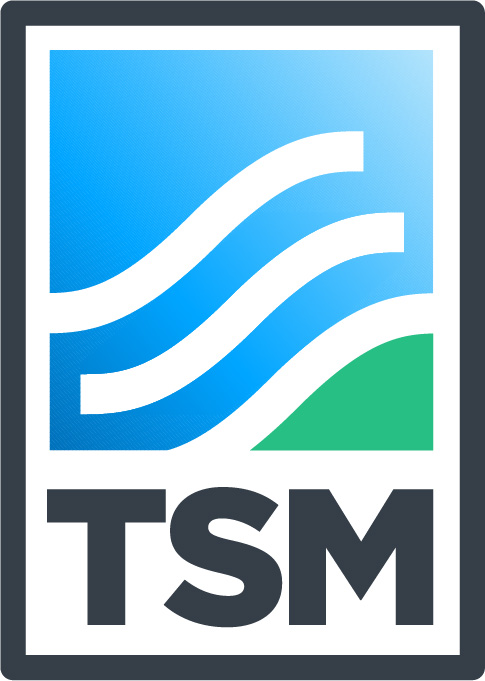The Mining Association of Canada (MAC), whose members include the vast majority of Canada’s leading mining companies, is committed to contributing to the meaningful implementation of the Truth and Reconciliation Commission’s (TRC) Calls to Action. To demonstrate this commitment, MAC and its members have taken steps towards responding to Call to Action 92 directed at the corporate sector and have contributed to the implementation of other aspects of the TRC’s Calls to Action in various forms.
In 2015, the TRC published its final report detailing the experiences and impacts of the residential school system, creating a historical record of its legacy and consequences. The TRC also issued 94 Calls to Action across a wide range of areas including child welfare, education, health, justice, language and culture, which provides Canada with a roadmap for reconciliation.
The TRC’s Call to Action 92 directs corporate Canada to:
…adopt the United Nations Declaration on the Rights of Indigenous Peoples as a reconciliation framework and to apply its principles, norms, and standards to corporate policy and core operational activities involving Indigenous peoples and their lands and resources. This would include, but not be limited to, the following:
I. Commit to meaningful consultation, building respectful relationships, and obtaining the free, prior, and informed consent of Indigenous peoples before proceeding with economic development projects.
II. Ensure that Aboriginal peoples have equitable access to jobs, training, and education opportunities in the corporate sector, and that Aboriginal communities gain long-term sustainable benefits from economic development projects.
III. Provide education for management and staff on the history of Aboriginal peoples, including the history and legacy of residential schools, the United Nations Declaration on the Rights of Indigenous Peoples, Treaties and Aboriginal rights, Indigenous law, and Aboriginal–Crown relations. This will require skills-based training in intercultural competency, conflict resolution, human rights, and anti-racism.(Truth and Reconciliation Commission of Canada: Calls to Action, 2015)
Notable action to respond to Call to Action 92 has come by way of updates to MAC’s Towards Sustainable Mining (TSM) program, a globally recognized sustainability program that supports mining companies in managing key environmental and social risks. In 2019, MAC launched the updated TSM Indigenous and Community Relationships Protocol, which reflects all three aspects of Call to Action 92. In developing the criteria for this protocol, MAC looked to the United Nations Declaration on the Rights of Indigenous Peoples (UNDRIP), the TRC as well as the advice of the TSM Community of Interest Advisory Panel, which includes representation from Indigenous communities, for guidance.
The protocol, which is designed to facilitate strong relationship building through collaborative engagement and decision-making processes, incorporates measurable criteria reflecting the TRC’s call to the corporate sector. The protocol sets a standard for what is considered good practice in TSM that includes aiming to achieve free, prior and informed consent (FPIC) before proceeding with development where impacts to rights may occur. It builds on the mining sector’s leadership in prioritizing Indigenous employment, business partnerships and support for education and skills-training initiatives and includes specific criteria focused on company-community collaboration, including ensuring Indigenous peoples have equitable access to opportunities with the company. Additionally, the protocol includes criteria that aims to ensure that management and staff are provided with education and awareness training on the history, traditions, and rights of Indigenous peoples. Commencing this year, MAC members must evaluate, publicly report and independently verify their performance against these new criteria at each of their Canadian mine sites.
Complementing and building on the recent updates in TSM, the Mining Industry Human Resources Council (MiHR) has launched two resources to support the mining sector’s response to Call to Action 92 iii. The first is an eLearning training module that is focused on the history of Indigenous peoples in Canada. The second is a new Indigenous Inclusion Training Standard that addresses the TRC’s direction to provide skills-based training on intercultural competency, conflict resolution, human rights, and anti-racism. Combined, MiHR’s eLearning module and training standard support consistent Indigenous inclusion training delivery in the journey towards reconciliation across the Canadian mining industry.
Across the country, there are examples of partnerships between mining companies and communities that are advancing reconciliation and contributing to implementation of the TRC’s Calls to Action and UNDRIP.
While reconciliation is a responsibility shared by all Canadians, the Canadian mining sector has a significant role to play given the proximity of mining to Indigenous communities and the partnerships between mining companies and Indigenous governments that exist across the country. MAC is committed to contributing to advancing reconciliation and strongly urges all levels of government, churches, civil society organizations, other industries and all Canadians to prioritize meaningful implementation of the TRC’s 94 Calls to Action.
